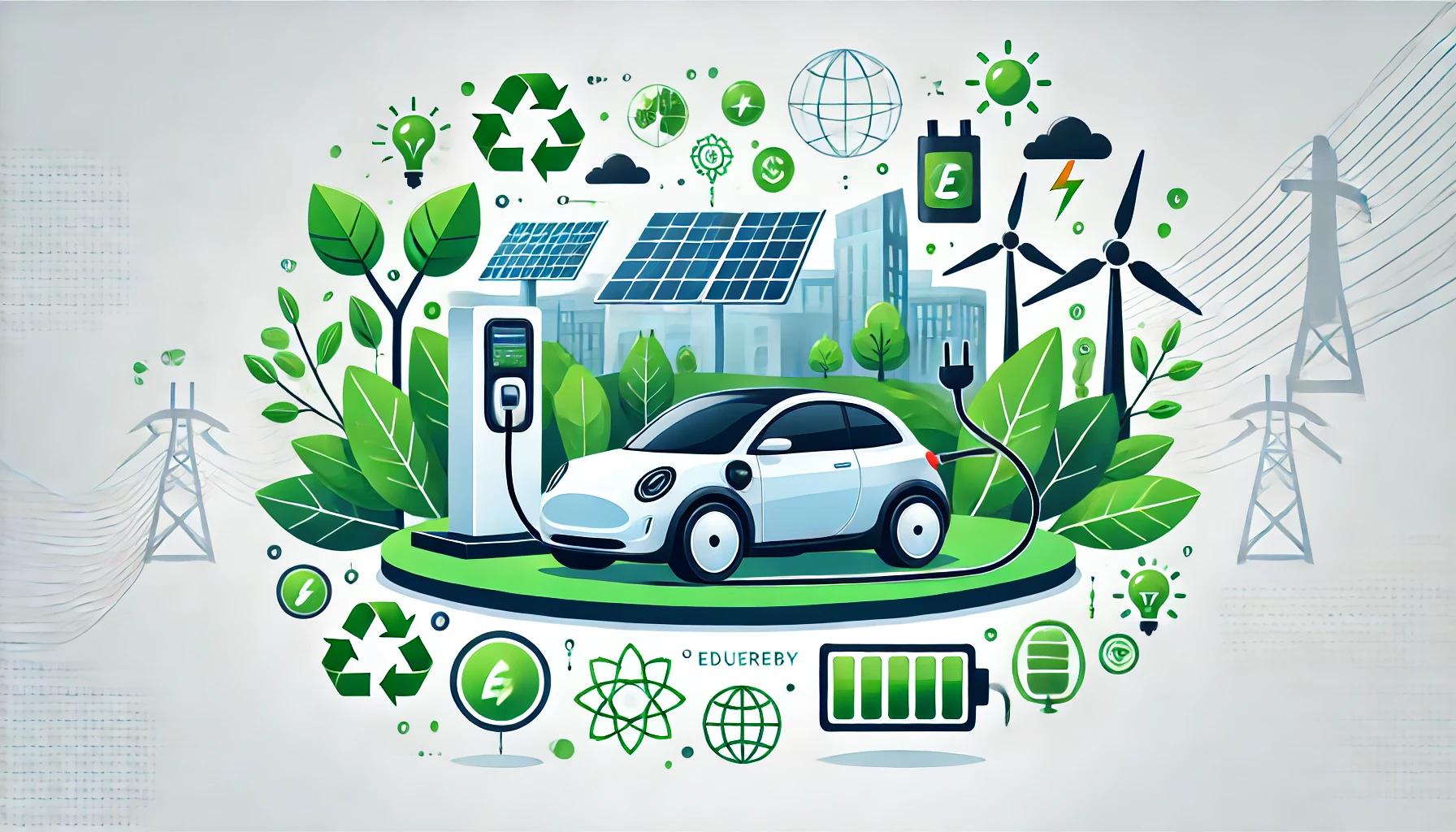Electric Vehicles Information

Electric vehicles (EVs) are vehicles that operate on electricity instead of gasoline or diesel engines. Their environmental benefits, low operating costs, and contribution to sustainability are making them increasingly popular today. Electric vehicles provide a significant alternative not only for individual drivers but also for global environmental policies.
How Electric Vehicles Work
Electric vehicles operate using battery systems. The batteries store electrical energy, which is transferred to the electric motor. The motor then converts this energy into driving force and transmits it to the wheels. Unlike traditional vehicles with internal combustion engines, electric motors are much more efficient and have fewer moving parts, meaning lower maintenance requirements.
Advantages of Electric Vehicles
-
Environmentally Friendly: Electric vehicles produce zero emissions. They do not emit exhaust gases and play a significant role in combating air pollution, improving air quality in cities.
-
Low Operating Costs: The fuel costs of electric vehicles are much lower compared to gasoline or diesel cars. Electricity is significantly cheaper per liter, and charging the battery provides a more economical solution than buying fossil fuels. Additionally, electric vehicles require much less motor maintenance due to fewer moving parts.
-
Quieter Ride: Electric motors are much quieter than internal combustion engines. This makes the driving experience more comfortable and reduces noise pollution.
-
Performance: Electric vehicles provide quicker acceleration because they deliver instant torque. The electric motor offers a more efficient and powerful driving experience.
Disadvantages of Electric Vehicles
-
Limited Range: Electric vehicles typically have a shorter range compared to gasoline-powered vehicles. However, battery technology is constantly improving, and many electric vehicles now offer ranges of 300 km or more.
-
Charging Infrastructure: Electric vehicles require a different charging infrastructure than gasoline-powered cars. While charging stations may be more limited, there is a growing network in cities and along highways. The ability to charge at home also provides a major advantage.
-
High Initial Cost: Electric vehicles can be more expensive initially. However, this cost can be offset over time with lower operating costs.
The Future of Electric Vehicles
Electric vehicles are set to play a significant role in the future of the automotive industry. Governments around the world are offering incentives to promote environmentally friendly transportation and are working to reduce the production of internal combustion engine vehicles. The market share of electric vehicles is expected to grow in the coming years.
Advances in battery technology are continually improving vehicle range and charging times. With the development of fast charging technology and increased battery life, electric vehicles will become even more practical.
Conclusion
Electric vehicles offer an environmentally friendly, cost-effective, and efficient transportation alternative. As these vehicles become more widespread, it is expected that the use of fossil fuels will decrease, and the environmental impacts of transportation will be minimized. For both individuals and societies, electric vehicles represent an important step toward a sustainable future.










